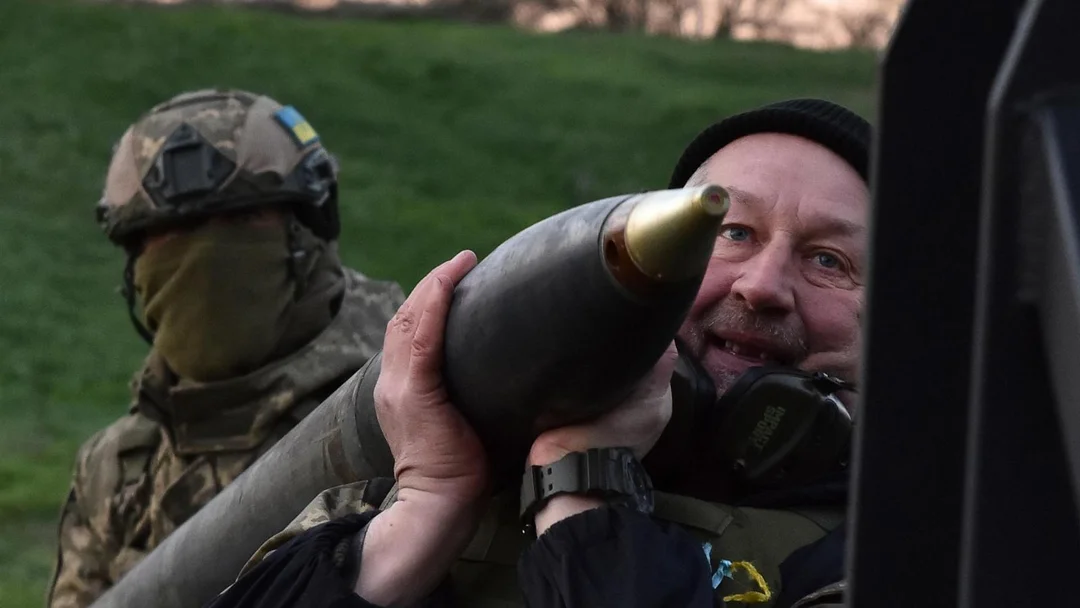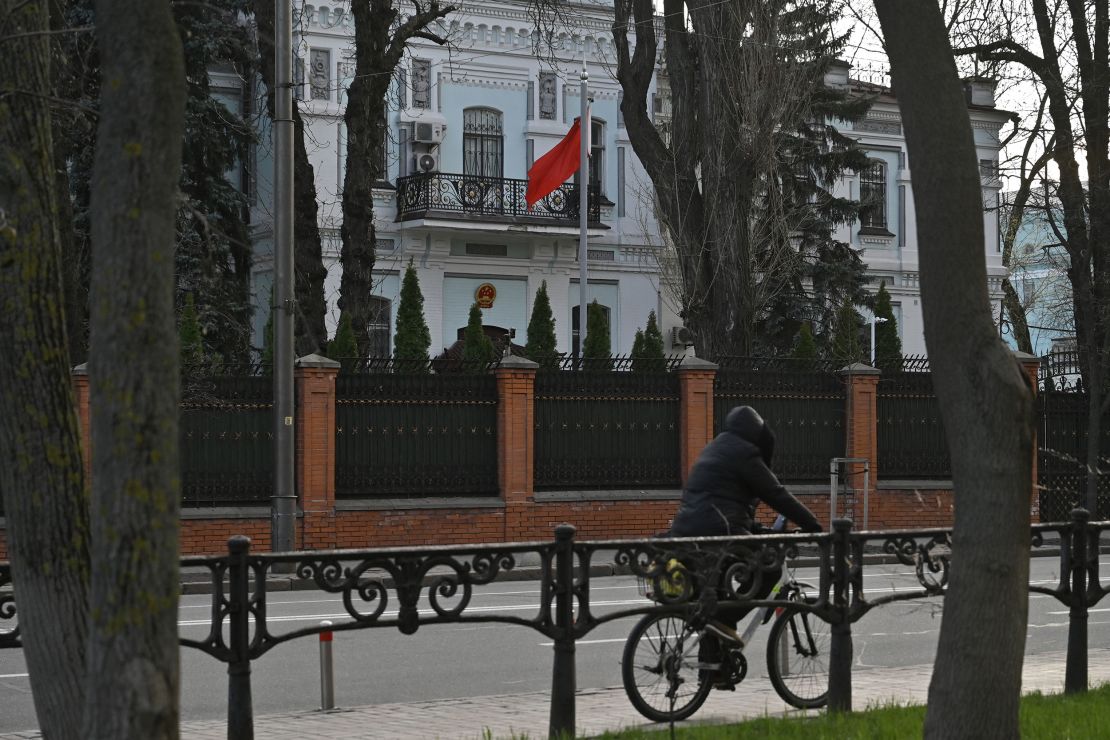
Ukraine Reveals Over 150 Chinese Fighting for Russia Amid Rising Global Tensions
In a stunning revelation that threatens to complicate the geopolitical landscape surrounding the Ukraine war, Ukrainian President Volodymyr Zelensky announced this week that Ukrainian intelligence has identified at least 155 Chinese citizens fighting alongside Russian forces. This disclosure, coming alongside the capture of two Chinese nationals on Ukrainian soil, has sent ripples across diplomatic circles and raised pointed questions about the broader implications of foreign fighter involvement in the conflict.

According to Zelensky, these Chinese nationals were largely recruited through social media advertisements, including on platforms such as TikTok used by Russian networks to entice foreign combatants. Ukrainian documents reportedly list personal details, military unit assignments, and contract dates predominantly in 2024 for these recruits, though CNN has yet to independently verify this list. The Ukrainian president emphasized he did not possess evidence that the Chinese state commissioned these fighters, clarifying, "We are not saying that someone gave any command, we do not have such information." Nevertheless, he believes Beijing is aware of Russia’s active recruitment campaign targeting its citizens.
China has strongly dismissed the allegations, calling them “groundless” and “totally unfounded.” Foreign Ministry spokesperson Lin Jian reiterated that Beijing instructs all citizens to avoid conflict zones and refrain from involvement in any military operations abroad. Nonetheless, a Ukrainian security agency document indicates that many Chinese recruits bought their way into Russian ranks, with reports suggesting payments of 300,000 rubles (approximately $3,500) to enlist, motivated partly by prospects of fast-tracked Russian citizenship. Ukrainian forces retrieved passports, bank cards, and other personal effects from the two captured Chinese fighters, who are now potential bargaining chips in prisoner swaps with Russia.

This controversy unfolds amid international efforts to de-escalate the war, with Washington reportedly “very surprised” by the revelation of Chinese fighters in Russia’s ranks, according to Zelensky. The United States has so far accused China of enabling Russia by supplying dual-use goods and strategic materials but not direct troop support. U.S. State Department spokesperson Tammy Bruce called reports of Chinese combatants “disturbing,” emphasizing the deepening entanglement of global powers in what has become a proxy conflict involving the West, Russia, and their respective spheres of influence.
Analysts caution against hasty conclusions, noting that foreign fighters have participated voluntarily on both sides of the conflict. Keith Kellogg, Trump’s envoy on Ukraine, emphasized the need to verify these early reports, remarking, “There’s an axiom in the military—the first report is always wrong.” For now, evidence suggests these Chinese nationals are mercenaries or volunteers rather than official units deployed by Beijing.
The episode nevertheless highlights the complex nature of the Ukraine war, where digital recruitment, transnational interests, and the blurred lines between state policy and individual mercenary activity converge. Caught in the crossfire of major powers, Ukraine is racing to bolster its defenses, calling for increased Western support, including up to 10 Patriot missile batteries to counter relentless Russian missile and drone attacks that continue to batter cities like Kyiv and Donetsk.
While Beijing distances itself from direct involvement, its political and economic support for Moscow remains under intense scrutiny. European Union foreign policy chief Kaja Kallas labeled China “the key enabler of Russia’s war,” citing exports of critical technology used in Russian weaponry production. This dual role—denying military participation while providing economic lifelines—deepens suspicions about China’s true positioning.
Ultimately, Kyiv’s disclosure raises troubling questions about foreign interference and the widening scope of a war with global reverberations. Are these Chinese fighters mere adventurers seeking fortune and citizenship, or do their actions signal an emerging new front in a larger geopolitical contest? As evidence mounts and governments respond, the world watches closely—for the shape of future conflicts may be written in the shadows of battlefield alliances now emerging.
What do you think about the implications of these reports? Join the discussion below and share your insights on how foreign fighters might alter the dynamics of the Ukraine war. Your voice matters.